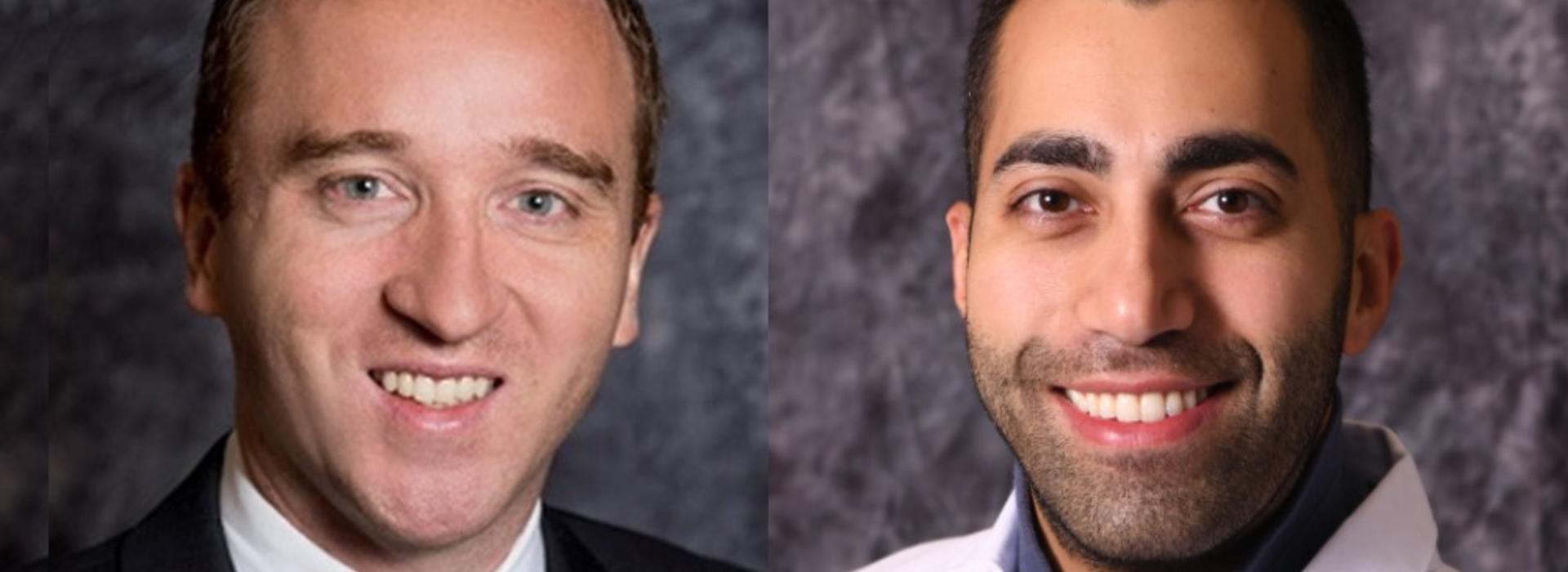
U of M Doctors Uncover Ethnic and Racial Disparities in Epilepsy Surgery
Robert McGovern, MD, and Youssef Hamade, MD, MS, both in the Department of Neurosurgery at the University of Minnesota Medical School, have recently published a study highlighting the racial and ethnic disparities in epilepsy surgery underutilization.
Dr. McGovern specializes in treating epilepsy, a neurological disorder affecting the central nervous system. He shared that while there are around three million people diagnosed with epilepsy in the U.S., one-third of those patients will not be seizure-free without epilepsy surgery.
“We only do around 2,000 epilepsy surgeries a year in the whole country, so the number of people who actually get epilepsy surgery versus the number of people who are potentially eligible, is off by orders of magnitude,” Dr. McGovern said.
It was this realization that prompted the doctors to find the pattern behind this discrepancy. The team began analyzing large national datasets between 2006-2016.
“What drew me to work with Dr. McGovern was to have the opportunity to work with big datasets, look into trends in epilepsy surgery over the years and identify problems in access to surgery,” Dr. Hamade said. “All this in an attempt to shed some light on disparities that the neurosurgical community could try to resolve going forward.”
They found that black patients were half as likely to undergo epilepsy surgery compared to white patients. They also noticed that patients with Medicare and Medicaid were far less likely to undergo surgery than patients who held private insurance. The doctors noted that there was no improvement in those disparities throughout the entire decade.
Dr. McGovern performs 25-30 epilepsy surgeries every year and is passionate about improving the lives of patients with epilepsy. “Being seizure-free is the ultimate goal for epilepsy patients,” he said. “They can drive, they can have fewer issues at work and their quality of life is better.”
Dr. McGovern shared that they are working on another study that emphasizes similar disparities in Parkinson’s disease. He hopes to receive pilot funding to look at how they can improve their patient referral base and continue to make it more diverse and accessible.
“We wanted to put something out there that will hopefully change the way people think about surgery and maybe force folks to re-examine their own biases when they're treating patients and when they're treating epilepsy,” Dr. McGovern said.